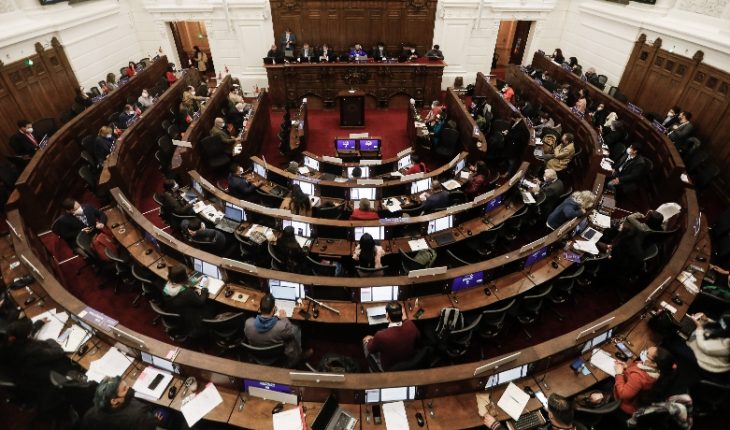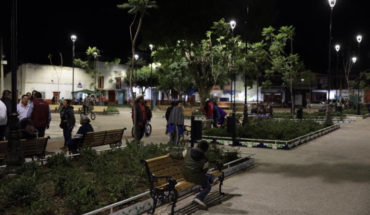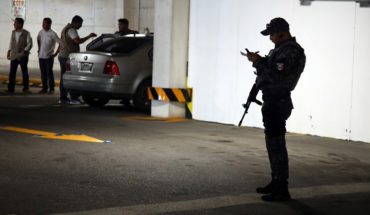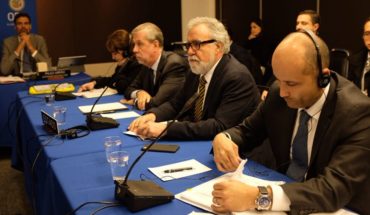The Political System Commission received on this day the Minister Secretary General of the Presidency, Juan José Ossa, who delivered the government’s vision regarding the changes that the new Constitution must contain regarding the functioning of the Executive and Legislative Power.In his presentation the Secretary of State defended the current presidential regime assuring that parliamentarism does not give stability. “We propose to follow our tradition of a presidential regime, but with substantive changes that allow us to believe in the presidential institution again and, at the same time, improve many of the things that Chileans long for to change,” the minister said. Ossa added that it is necessary for Congress to have greater degrees of power and that, for example, some initiatives are the exclusive attribution of the Legislative and not the Executive, even though he believes that those that involve fiscal spending should remain in the hands of the President.Another of the points proposed by the minister regarding the modifications to the system of government is that parliamentary advice be professionalized and be better paid, but by benches and not by parliamentarian; that in the management of emergencies the Executive has coordination with Congress; Set a threshold of 3% of votes to be elected and that the supervisory power of the Chamber of Deputies be attenuated.Minister Ossa also defended the existence of two Chambers although he added that there are aspects in which it is necessary to change in the current path followed by the bills in order to make the processing more expeditious. Regional GovernorsThe commission also devoted space to listening to the opinion of the new authorities elected this year, the regional governors. The Metropolitan Governor, Claudio Orrego, said that only 16% of spending is decided at the regional level, summarizing that the big problems are “centralism and inequality.” The existence of presidential delegates tends to overshadow this democratic principle of having a maximum authority elected by the citizens,” said Orrego, affirming that this position should be eliminated, since in practice governors do not have the power to define resources or matters of public order. Among his proposals to strengthen regional governments, Orrego said that “we must create a gradual transfer that includes public services and the possibility that at the regional level ministerial investments in the territories are decided.” To this, he added attributions on the care of the environment and climate emergencies. In turn, Andrea Macías, regional governor of Aysén, asked to advance to greater proportionality in the representation of the territories alluding to the remoteness of Patagonia. “The first response of the State is born from the territory, it is born from the municipal governments, we need to strengthen the municipalities,” said Macías.Gustavo Alessandri, mayor of Zapallar and president of the Association of Municipalities Amuch, who complained about the bureaucracy that affects the communes and the inequality that exists in access to opportunities. Among the hearings on Thursday, the president of the Board of Directors of the Electoral Service, Andrés Tagle, was also present, who referred to the option of replacing compulsory voting in the Constitution. In this regard, he said that this has to go hand in hand with establishing sanctions that are applicable, such as fines, for example.” Returning to compulsory voting without sanctions will have no effect. Sanctions are not an easy issue to resolve as there could be millions of cases in court,” he explained. Regarding the vote of persons deprived of liberty, the solution passes in his opinion by “making a real legal change”, which allows to settle the allocation of polling places, understanding that the electoral domicile cannot be the penitentiary enclosure where the sentence is served. Tagle also agreed to advance in early voting with the following requirements:-prior registration-that it be carried out the full week before the election and,-that it starts with some areas of the country to implement it gradually.
Convention: Political System Addresses Decentralization and Presidentialism
December 9, 2021 |





